|
By Cara Medina, See the Triumph Guest Blogger It’s common for teenagers not to tell their parents that there is physical, sexual, or emotional abuse happening to them. Do you wonder why your teen doesn’t trust you enough to tell you these types of problems? Have you ever thought about how you would respond if your child told you they were being abused by their boyfriend or girlfriend? Adolescents do love and trust their parents, but they may feel ashamed they have been the victim of abuse at the hands of their romantic partner. They also may not realize how serious dating violence can be and the damage it can do to their mental and physical health. Also, teenagers are in a developmental stage of life that can make it difficult for them to disclose abuse. For example, teens often believe they can “handle it” themselves, even though they may need help from their parents. They often overestimate their abilities to manage a complicated situation. Children this age also tend to minimize the potential consequences of risky behaviors. They may not believe that something bad could happen to them. In addition to the shame and developmental factors, they could be worried that their parents might be angry or upset and punish them, even though they’re the victim. Listed below are a few tips that could help parents if they notice any red flags of dating violence.
References
 Cara Medina is a graduate of the Department of Counseling and Educational Development at the University of North Carolina Greensboro. She earned her M.S. and Ed.S degrees in School Counseling. She has counseled middle school, high school and college students. Cara lives in Greensboro with her husband and five children. By Cara Medina, See the Triumph Guest Blogger If you’re the parent of a teenager, you may be worried that your child could become a victim of teen dating violence (TDV). A report from the Center for Disease Control found that about 12% of high school females reported physical violence and about 16% reported sexual violence from a dating partner in the past 12 months. For high school males, about 7% reported physical violence and about 5% reported sexual violence. Dating violence is happening in our communities and schools and it’s something parents and teens need to be aware of. One of the best ways parents can help prevent dating violence is for parents and adolescents to have open communication. If teens feel that their parents truly listen to them, they may be more likely to tell their parents if there is abuse in his/her relationship. Also, if you have open communication with your teen, you’ll be modelling a healthy relationship. Even though we may hear the opposite from other parents and the media, adolescents still value their parents’ opinions and advice. If you “listen instead of lecture”, your teen will be more likely to seek out your comfort and advice when problems occur. Here are a few teen dating violence prevention tips for parents:
References
 Cara Medina is a graduate of the Department of Counseling and Educational Development at the University of North Carolina Greensboro. She earned her M.S. and Ed.S degrees in School Counseling. She has counseled middle school, high school and college students. Cara lives in Greensboro with her husband and five children. 7/17/2018 See the Triumph Playlist on SpotifyBy Ansley Hayes, See the Triumph Guest Blogger
Reclaiming my right to feel joyful in my body has been the most difficult and rewarding part of my recovery from family violence. Listening to music connects me to a hopeful part of myself and inspires me to dream up new possibilities for a future I am finally sure exists. The right song can help me get dressed in the morning when I really want to stay in bed and a good beat grounds me in my skin and reminds me that I am whole, beautiful, and worthy. When I take time to listen to music and make art, I am reclaiming my right to take up space, to have opinions and preferences, and to feel safe and relaxed. I arranged this playlist and created these images as an act of self-care and an expression of compassion for victims and survivors everywhere. Thanks for listening. To listen to my See the Triumph playlist on Spotify, please visit https://open.spotify.com/user/126169838/playlist/4g0JE3hBdDJmu9KKotLXDa?si=CroBRnOQT4S2WvQZUJb9XA. |
Archives
July 2024
CategoriesAll About Intimate Partner Violence About Intimate Partner Violence Advocacy Ambassadors Children Churches College Campuses Cultural Issues Domestic Violence Awareness Month Financial Recovery How To Help A Friend Human Rights Human-rights Immigrants International Media Overcoming Past Abuse Overcoming-past-abuse Parenting Prevention Resources For Survivors Safe Relationships Following Abuse Schools Selfcare Self-care Sexual Assault Sexuality Social Justice Social-justice Stigma Supporting Survivors Survivor Quotes Survivor-quotes Survivor Stories Teen Dating Violence Trafficking Transformative-approaches |
Search by typing & pressing enter


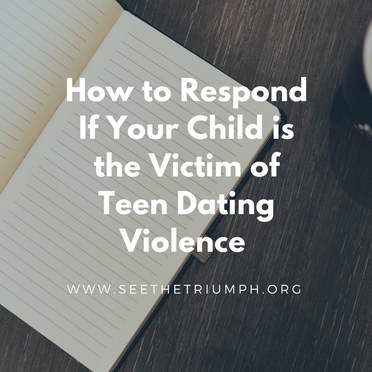

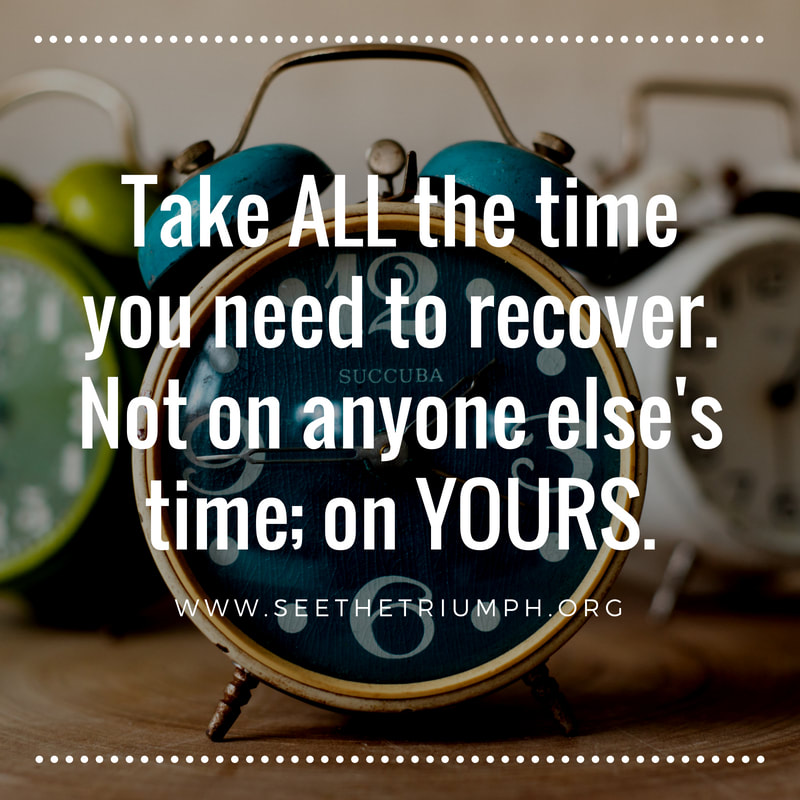


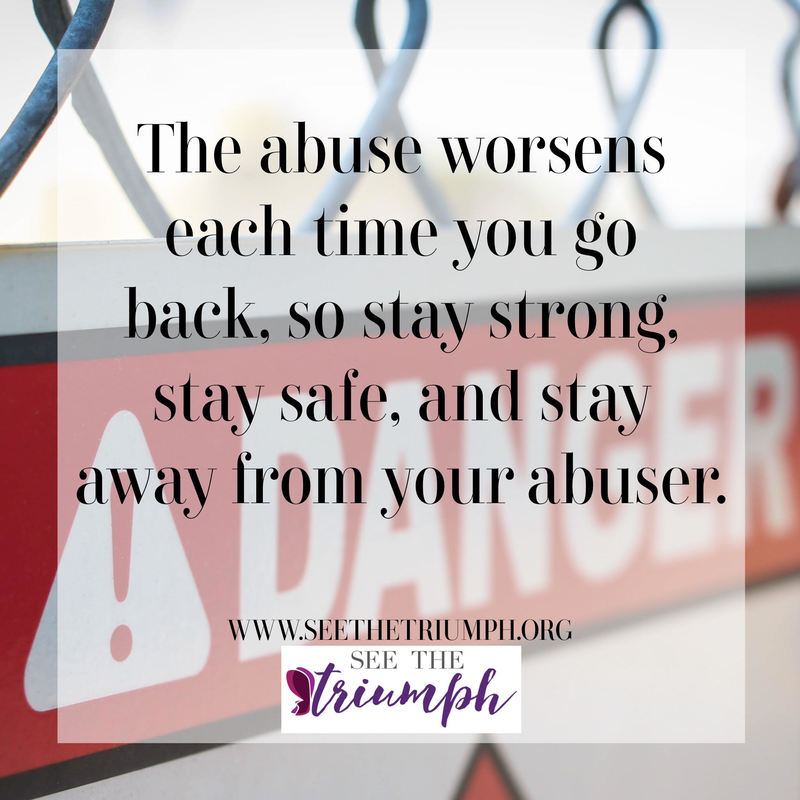
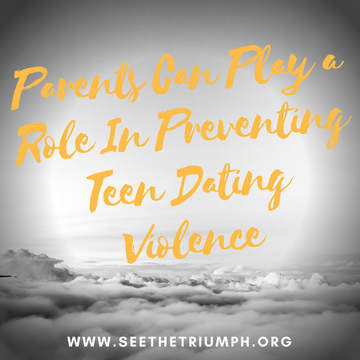


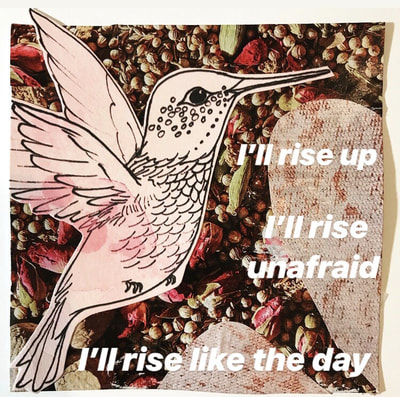
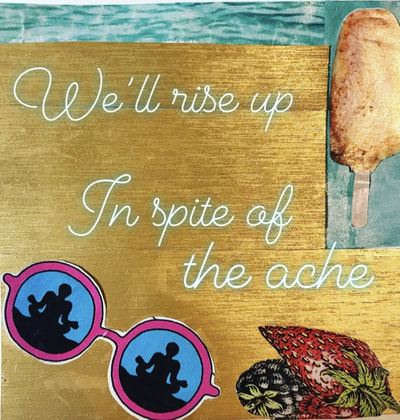

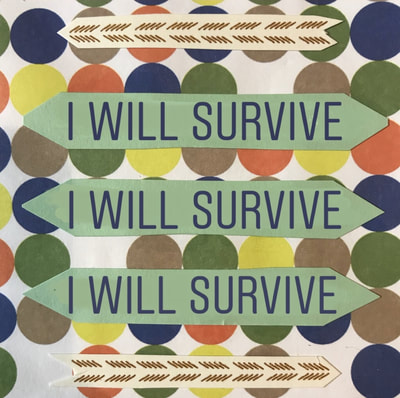

 RSS Feed
RSS Feed